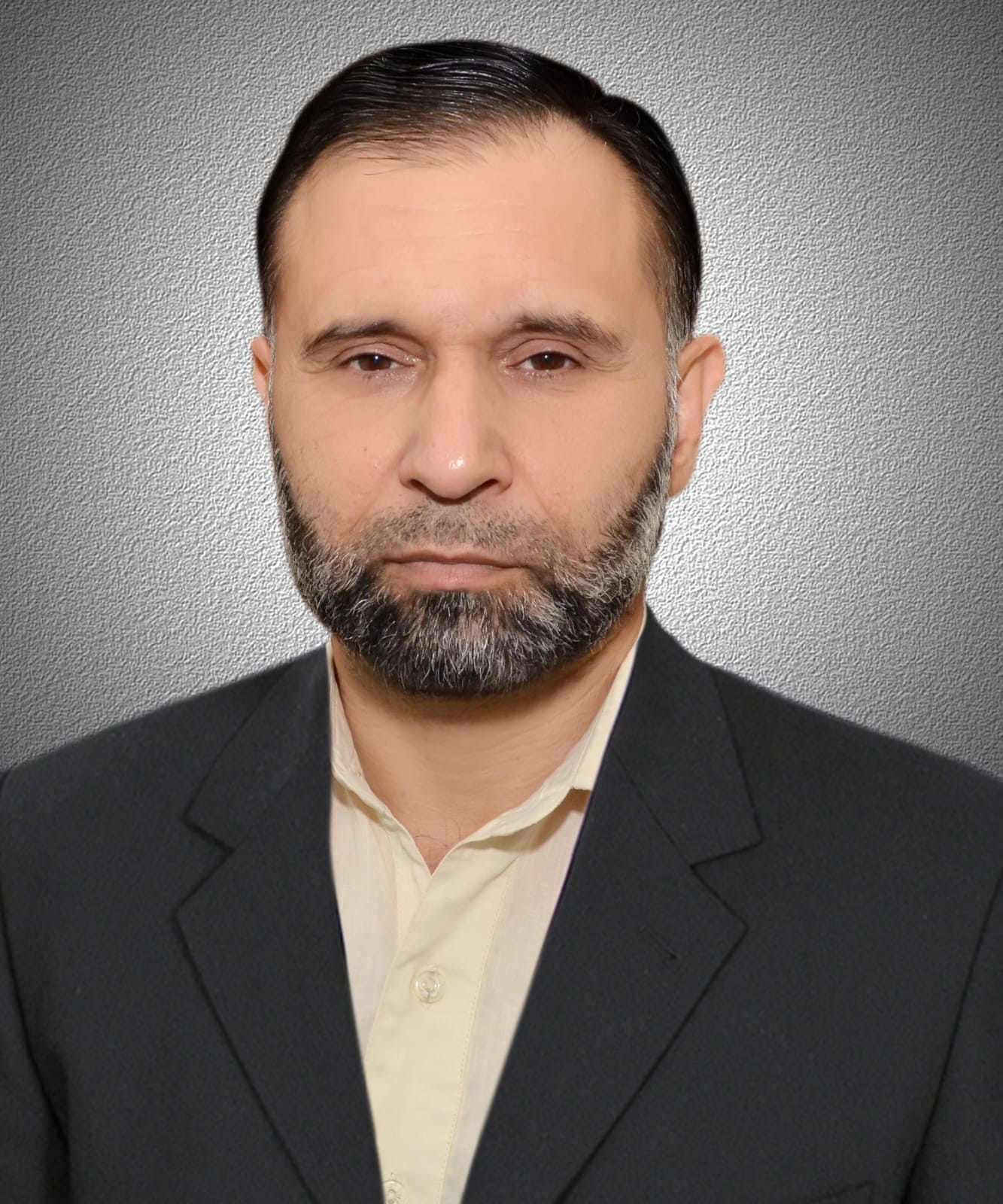By: Ghulam Hussain Ghazi
Eid al-Adha is one of the most significant Islamic festivals that not only commemorates the unparalleled obedience and sacrifice of Prophet Ibrahim (peace be upon him) and his son Prophet Ismail (PBUH), but also inspires every Muslim to embrace piety, selflessness, and both personal and collective responsibility. While the spiritual dimension of worship and devotion is central to this occasion, the practical aspects, particularly cleanliness in homes and neighborhoods, the orderly sale and purchase of sacrificial animals, disposal of sacrificial fossils and the provision of basic civic amenities, require the active role of the government and administration, as well as the cooperation of citizens. It is in this very context that the Government of Khyber Pakhtunkhwa, especially the Department of Local Government, Elections & Rural Development, plays a vital role.
The true essence of sacrifice lies in offering one’s wealth, desires, and ego solely for the pleasure of Allah. When Prophet Ibrahim (PBUH) received a divine command in a dream to sacrifice his beloved young son Prophet Ismail (PBUH), he did not hesitate for a moment to carry it out. Prophet Ismail (PBUH), despite his tender age, submitted wholeheartedly and said: “O my father, do as you are commanded. You will find me, if Allah wills, among the patient”. (Surah As-Saffat, 37:102). This heartfelt exchange between father and son was so beloved to Allah that, at the final moment when the obedient father placed the knife upon his son’s neck, a ram was set by an angel in his place. This incident became an eternal symbol of submission to the Divine, commemorated every year by Muslims worldwide through animal sacrifice. It teaches us that when it comes to seeking the pleasure of Allah, even life, personal desires and one’s own children can be willingly sacrificed. The days of sacrifice remind us that true servitude lies in abandoning ego and worldly temptations. As the Qur’an states:
“It is neither their meat nor their blood that reaches Allah, but it is your piety that reaches Him.” (Surah Al-Hajj, 22:37).
This piety not only demands sincere worship but also responsible conduct in society. While performing sacrifice according to one’s means, it is equally important to ensure that our actions do not cause inconvenience to others. Disposing of animal waste in the streets or disrupting the sanitation system contradicts the very spirit of sacrifice.
Islam regards cleanliness as half of faith, and maintaining cleanliness during Eid al-Adha is both a religious and social duty. The Qur’an states:
“In it are men who love to purify themselves, and Allah loves those who purify themselves.” (Surah At-Tawbah, 9:108)
This clearly shows that Allah not only prefers purity but loves those who maintain cleanliness. The Prophet Muhammad (peace be upon him) also said:
“Cleanliness is half of faith.” (Sahih Muslim)
These teachings highlight the significance of hygiene in a Muslim’s life, especially on occasions like Eid al-Adha where public health and sanitation are at stake. It is therefore incumbent upon every citizen to adhere strictly to cleanliness protocols during these days, so that this festival becomes a means of both divine pleasure and public welfare. Citizens must responsibly dispose of animal waste at designated locations, avoid throwing it in drains to choke it, cooperate with municipal workers and report any issues to the relevant departments. One must remember that cleanliness is not solely the government’s responsibility but a shared social obligation. Without public awareness and involvement, even the best efforts of the administration and municipalities cannot bear fruit.
The Government of Khyber Pakhtunkhwa, however, has made extensive preparations to ensure smooth maintenance of cattle markets, civic amenities and sanitation during Eid al-Adha. Under the supervision of Minister for Local Government & Rural Development Arshad Ayub Khan and newly appointed Secretary Shahid Sohail, the department has thoroughly reviewed arrangements across the province, focusing on sanitation, water supply and management of livestock markets. Immediately after assuming office, Shahid Sohail convened special meetings and undertook emergency visits across the province in line with the vision of Chief Minister Ali Amin Gandapur, Local Government Minister Arshad Ayub and Chief Secretary Shahab Ali Shah, to ensure improvements in urban and rural infrastructure. He personally inspected cleanliness conditions and visited animal markets, issuing on-the-spot directives to ensure citizens have access to quality sacrificial animals at fair prices. Department officials were directed to fully cooperate with the public and play a role in easing their difficulties in this era of inflation.
To further improve the sanitation system, the department has introduced digital monitoring tools, software applications and control rooms to ensure timely resolution of complaints. However, the success of these efforts depends on individual responsibility, when each citizen upholds cleanliness alongside the spirit of sacrifice and considers cooperation with municipal staff as part of worship.
Eid al-Adha reminds us that fulfilling social responsibilities is an integral part of our faith, alongside spiritual devotion. Let us not confine the spirit of sacrifice to the act of slaughtering animals, but extend it to our behavior, environment and efforts to ease the lives of others. In this way, Eid will thus become not only a source of outward celebration but also a means of spiritual and social purification.

